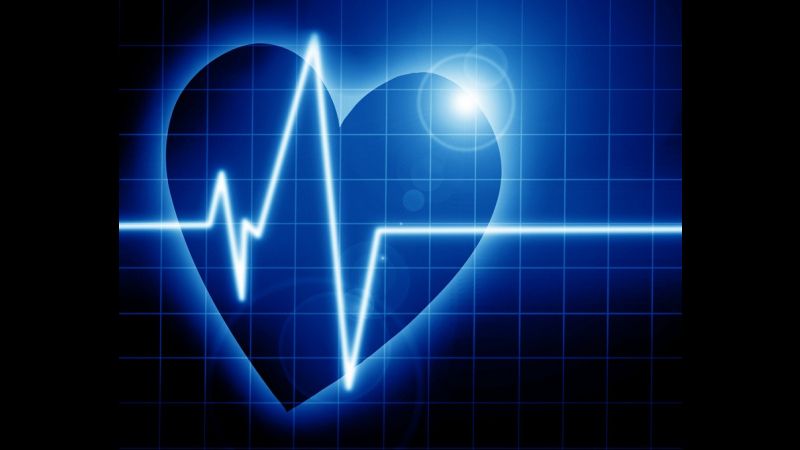As a cardiologist, I’ve run into a similar problem over the years: there is much confusion about what defines a heart attack or “myocardial infarction” (MI) and what defines cardiac arrest or “sudden cardiac death” (SCD). I have often had patients tell me that their brother died of a heart attack right before his 50th birthday, but upon further questioning, it turns out the “heart attack” was actually an episode of cardiac arrest which can have many causes, including a heart attack. Confused? You’re not alone.
A heart attack occurs when one of the coronary arteries—the arteries which deliver oxygenated blood to the heart muscle—becomes blocked and the portion of the heart muscle it supplies is damaged. This usually occurs when a cholesterol plaque breaks open and platelets rush to the site of the damaged artery and form a clot that compromises blood flow. This can result in severe chest pain, heart failure (fluid backup in the lungs) or an electrical disturbance that can result in loss of consciousness or cardiac arrest. Cardiac arrest is a broad term that essentially means that the heart stops pumping as the result of an electrical disturbance or arrhythmia. As we have seen above, this can be caused by a heart attack (this is actually the most common cause); however, it can result from a number of other issues that have nothing to do with the coronary arteries. For example, patients with Dilated Cardiomyopathy (a condition where the heart becomes unusually large and weak for any number of reasons) are at risk for cardiac arrest and often receive implantable defibrillators (ICDs) to monitor their heartbeats and deliver a shock if a dangerous heart rhythm is detected. Other less common causes for cardiac arrest include severe electrolyte abnormalities, congenital problems with the heart’s electrical system, and cardiac involvement of diseases such as sarcoidosis. The distinction between these two terms can be difficult for patients to understand, especially if not explained adequately by their physician. It is an important distinction nonetheless and can go a long way toward determining what sort of cardiac pathology (if any) you may be at risk for. Ultimately, and most importantly, it may help your doctor prevent a cardiac event in the future. One of the most important parts of my initial interview with patients is the family history. So many cardiac disease processes and risk factors are genetic or “familial” that it’s crucial for me to get as much detail as possible about what “runs” in each patient’s family. This is especially true when trying to determine a patient’s risk of having a heart attack or dying suddenly in the future. Is that burning in Mr. Smith’s chest just reflux, or is it angina? When Mrs. Jones passed out in church, was it just garden-variety “church syncope” (a normal if exaggerated reflex triggered by standing up too long in a hot room) or something more ominous? Often times a thorough family history can provide clues to the diagnosis. So I ask every patient I meet for the first time—has anyone in your family had a heart attack, stent, or coronary bypass at a young age (younger than 65 for a female or 55 for a male)? Has anyone in your family ever died suddenly? If the answer to either of these questions is yes—especially if the family member in question is the patient’s father, mother, sister, or brother--the hairs on the back of my neck begin to stand up and I know I need to be even more aggressive than usual in ruling out any dangerous cardiac pathology. If you can answer “yes” to these questions, then it might be time for you to have a serious discussion with your doctor.
Dr. Jefferey Wuhl, MD FACC, is with the Kelly Cardiovascular Group at Lankenau Medical Center in Wynnewood, Pennsylvania. �If you are interested in making an appointment with Dr. Wuhl, contact him at 610-649-7625.�

